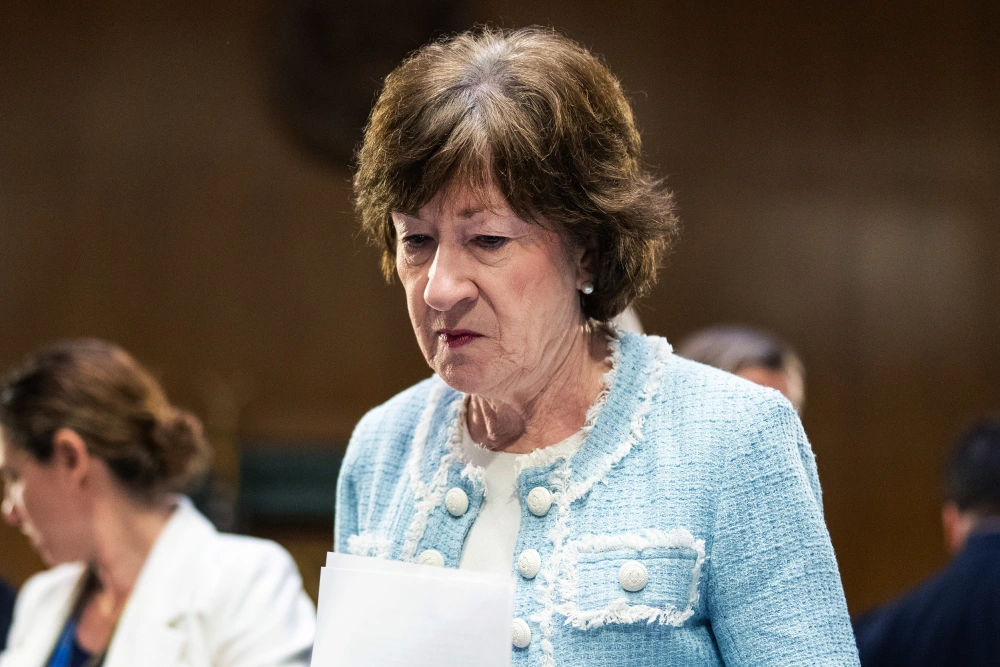Bipartisan government funding is on the brink as Trump-backed rescissions, DOGE spending freezes, and looming shutdown timelines threaten to end decades of legislative compromise—and reshape American governance.
In today’s contentious climate, bipartisan government funding is facing collapse as former President Trump relentlessly pushes $9 billion in rescissions and OMB’s DOGE initiative freezes federal disbursements—heightening the odds of a fiscal showdown by the September 30 deadline.
What’s at stake: the survival of bipartisan appropriations
Congress has historically relied on bipartisan appropriations to fund 438 federal agencies ahead of each fiscal year. This time, that process is under siege. Key funding bills meant to finance research, foreign aid, and public broadcasting are faltering, threatening essential programs ranging from NASA science missions to refugee assistance.
Senator Susan Collins and Lisa Murkowski have pushed back, warning that cutting nearly $1.1 billion from public media could devastate rural stations that provide lifelines like emergency broadcasts. Similarly, Democrats argue that moves to pause disbursements under DOGE violate Congress’s constitutional budget authority.
Trump’s rescissions: a political power play
In July, Congress passed a $9 billion rescission package—targeting ~ $1.1 billion in public broadcasting and ~$8 billion in foreign aid—using a simple-majority process rather than the traditional 60-vote threshold. While it narrowly passed the House on party lines, Senate Democrats and some Republicans voiced sharp concern.
As seen in the 2018–19 shutdown, which cost the U.S. economy over $11 billion and furloughed 380,000 federal employees, brinkmanship over budget fights can spiral into national disruption.
DOGE freeze: internal chaos and legal concerns
The OMB’s January memo (M‑25‑13) prompted a sweeping halt to over 2,600 federal programs—including foreign aid, NGOs, DEI initiatives, and Green New Deal funding—while sparing Social Security and Medicare. This freeze disrupted Medicaid systems, nonprofit grants, and agency obligations.
Experts caution that DOGE-induced paralysis has already cost over $135 billion in productivity loss and may suppress up to $500 billion in tax revenues. With lawsuits mounting, the administration’s fiscal maneuvering risks being seen as federal overreach.
Crunch time: September 30 deadline looms
All 12 annual appropriations bills must be passed by September 30, or the government risks another shutdown. Senate Democrats, holding a 60-vote threshold, are pushing for negotiations and warning that rescissions undercut future bipartisan deals.
Senate Minority Leader Chuck Schumer is calling out the unilateral cuts as dangerous and short-sighted. Meanwhile, John Thune warns of shutdown risks, citing internal GOP fractures and progressive pressure.
The broader ramifications: beyond the budget line
This isn’t just a funding dispute—it’s a battle over governance. Trump’s dismantling of traditional appropriations through rescissions and powerful DOGE tactics is shifting power from Congress to the White House. Many see this as part of a deliberate plan to govern without bipartisan consensus.
If this trajectory holds, we could be headed toward more shutdowns—or worse, constitutional crises over separation of powers.
Trends & Voices Around the Debate
From Politico to Reuters and AP, coverage underscores growing scrutiny of Trump’s strategy:
- Politico reports Democrats wrestling with defense strategies as GOP funding proposals threaten bipartisan cooperation.
- Reuters outlines how impoundment of funds—like the NASA science budget—is illegal until Congress approves changes.
- New York Magazine highlights Trump’s use of rescissions as a political tool to bypass Congressional checks.
- Business Insider reframes DOGE as a litmus test for GOP loyalty, noting Senate Democrats vow to resist.
- Reuters emphasizes the shutdown risk with GOP control in the House but Democratic leverage in the Senate.
Conclusion: A volatile budget season shapes up
The coming months promise to be a crucible for American governance. With rescissions undermining bipartisan appropriations, DOGE freezing traditional processes, and September 30 looming, lawmakers face stark choices: preserve democratic norms—and keep agencies running—or prioritize intrigue and unilateral budgets.
If budget talks collapse, the damage may extend well beyond funded programs—triggering another crippling shutdown, eroding public trust, and empowering executive authority at Congress’s expense.
Subscribe to trusted news sites like USnewsSphere.com for continuous updates.





